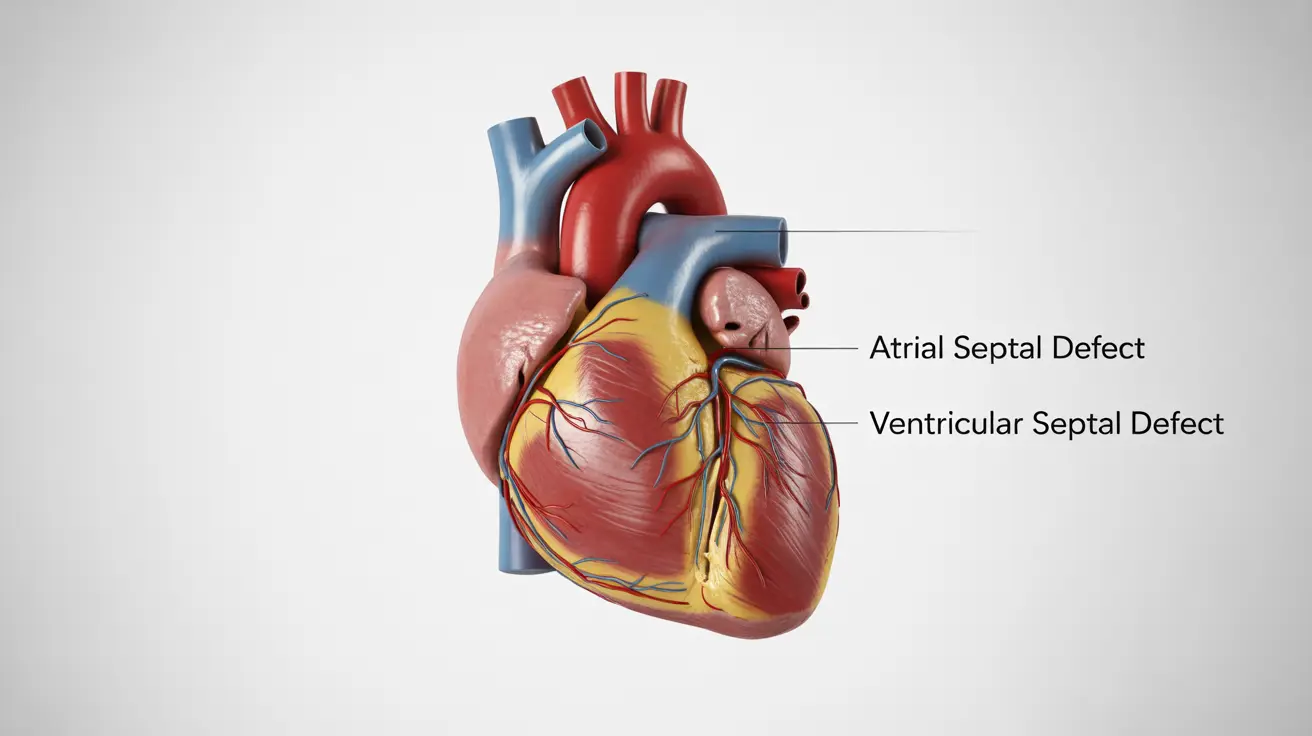Heart problems in teens, while relatively uncommon, can have significant impacts on adolescent health and require careful attention from both parents and healthcare providers. Understanding the signs, symptoms, and appropriate times to seek medical evaluation is crucial for protecting teen heart health and ensuring early intervention when needed.
While some teens may be born with heart conditions that become apparent during adolescence, others might develop heart issues during their teenage years. Recognizing these problems early can lead to better outcomes and more effective treatment options.
Common Signs and Symptoms of Teen Heart Problems
Heart problems in teens can manifest through various symptoms that shouldn't be ignored. Some of the most common indicators include:
- Chest pain or discomfort
- Irregular heartbeat or palpitations
- Shortness of breath, especially during physical activity
- Unexplained fatigue
- Dizziness or fainting spells
- Poor exercise tolerance
- Bluish tint to lips or skin
Understanding Congenital Heart Defects in Adolescence
Some teens may have been born with heart defects that weren't detected in childhood. These conditions can become more apparent during the teenage years, especially as physical activities and demands on the body increase.
Common Types of Congenital Heart Defects
Several types of congenital heart defects may become evident during adolescence:
- Atrial septal defects
- Ventricular septal defects
- Valve abnormalities
- Coarctation of the aorta
Diagnostic Process for Teen Heart Problems
When heart problems are suspected in teenagers, healthcare providers typically follow a comprehensive diagnostic approach:
Initial Evaluation
The diagnostic process usually begins with:
- Complete medical history review
- Physical examination
- Discussion of symptoms and their timing
- Family history assessment
Diagnostic Tests
Various tests may be performed to evaluate teen heart health:
- Electrocardiogram (ECG)
- Echocardiogram
- Stress tests
- Holter monitoring
- Blood tests
- Cardiac MRI when needed
Risk Factors and Prevention
Understanding risk factors can help in preventing or managing heart problems in teens:
- Family history of heart disease
- Obesity or poor dietary habits
- Lack of physical activity
- Smoking or vaping
- Certain medical conditions
When to Seek Immediate Medical Attention
Some symptoms warrant urgent medical evaluation:
- Severe chest pain
- Fainting during physical activity
- Difficulty breathing
- Extreme heart racing
- Unusual fatigue during normal activities
Frequently Asked Questions
- What are the common signs and symptoms of heart problems in teens?
Common signs include chest pain, irregular heartbeat, shortness of breath, unexplained fatigue, dizziness, and fainting spells. These symptoms, especially when occurring during physical activity, should be evaluated by a healthcare provider.
- When should a teenager with chest pain or fainting be evaluated for heart disease?
Any teenager experiencing chest pain during physical activity, fainting spells, severe shortness of breath, or heart palpitations should be evaluated immediately. Additionally, any chest pain accompanied by other symptoms like sweating or nausea requires prompt medical attention.
- How can congenital heart defects first appear during adolescence or teen years?
Congenital heart defects may become apparent during adolescence as the body undergoes rapid growth and faces increased physical demands. Some defects that were minor in childhood may become more significant during the teenage years, especially during periods of intense physical activity.
- What causes palpitations, dizziness, or shortness of breath in teenagers with heart conditions?
These symptoms can be caused by various factors including structural heart abnormalities, rhythm disorders, valve problems, or reduced heart function. They may be exacerbated by physical activity, stress, or certain medications.
- How is heart disease in teens diagnosed and what tests are typically done?
Diagnosis typically involves a combination of physical examination, medical history review, and specific tests such as ECG, echocardiogram, stress tests, and sometimes cardiac MRI. Blood tests may also be performed to check for underlying conditions or markers of heart stress.




